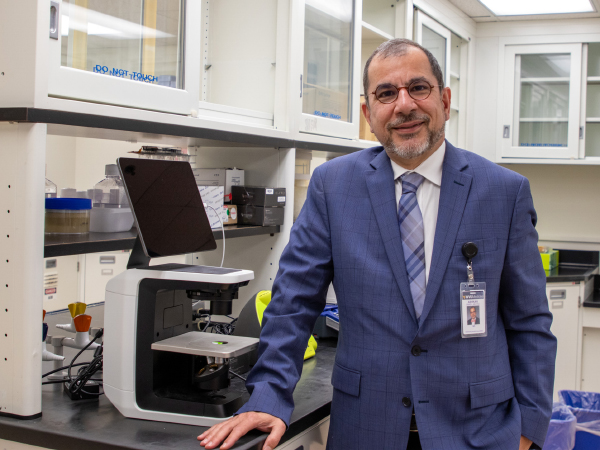Patients treated with first-line immunotherapy for advanced non-small cell lung cancer showed similar results in terms of survival, progression-free survival, and treatment duration, regardless of race or ethnicity, even with differences in income and insurance, a study published in the Journal of the National Comprehensive Cancer Network showed.
To access this subscriber-only content please log in or subscribe.
If your institution has a site license, log in with IP-login or register for a sponsored account.*
*Not all site licenses are enrolled in sponsored accounts.
Login Subscribe
If your institution has a site license, log in with IP-login or register for a sponsored account.*
*Not all site licenses are enrolled in sponsored accounts.
Login Subscribe







